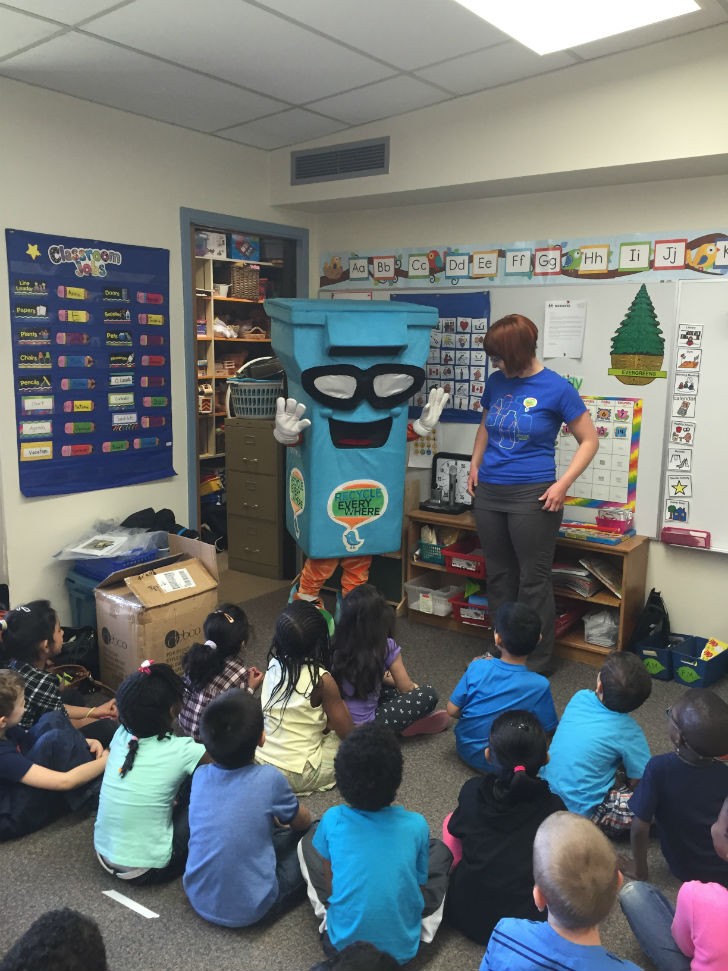
A recent consumer research study conducted by the Carton Council of Canada found that extending Canadians’ good recycling habits beyond the home is challenging for most. As kids prepare to head back to school, parents look for ways to streamline the routine and tackle the dreaded lunchbox preparation. It’s therefore no surprise that juice boxes, for example, are one of parents’ favourite items for an easy and healthy thirst quench. The more difficult part is ensuring that these beverage packaging end up in the recycling bin instead of the waste bin once our little ones have emptied them.
The research examined attitudes and behaviours pertaining to away-from-home recycling. In total, 59% of the 2,000 respondents said it was either “much more difficult” or “somewhat more difficult” for them to recycle when they’re not at home.
Schools are perceived as critical in encouraging kids to participate in away-from-home recycling. Because most children eat lunch at school, this is where many empty milk and juice cartons end up. Also, because schools help instill values, beliefs and habits in young people, these institutions are ideally positioned to educate children about the benefits of recycling and how to do it.
The survey revealed that virtually everyone believes schools should be recycling kids’ milk and juice cartons, even when the cartons are brought to school from home. In the opinion of 63% of respondents, schools should make recycling a priority. In the eyes of the remainder of respondents, schools should recycle if it is “feasible for them” to do so. Interestingly enough, the view of parents and non-parents on this question is the same.
In an effort to increase recycling in schools, the Canadian Beverage Containers Recycling Association (CBCRA) has worked to boost its Recycle Everywhere 101 Program in Manitoba. With support provided by the Carton Council of Canada CBCRA aims to have all schools in the province participating in the program by the end of the year. In addition to providing participating schools with recycling bins and supporting resources, the program features an educational component for students that focuses on the good habits and benefits of recycling.
With great and innovative initiatives like Recycle Everywhere 101, schools and communities can help grow access to recycling, even when one is away from home, so that it becomes part of everyone’s everyday routine.



